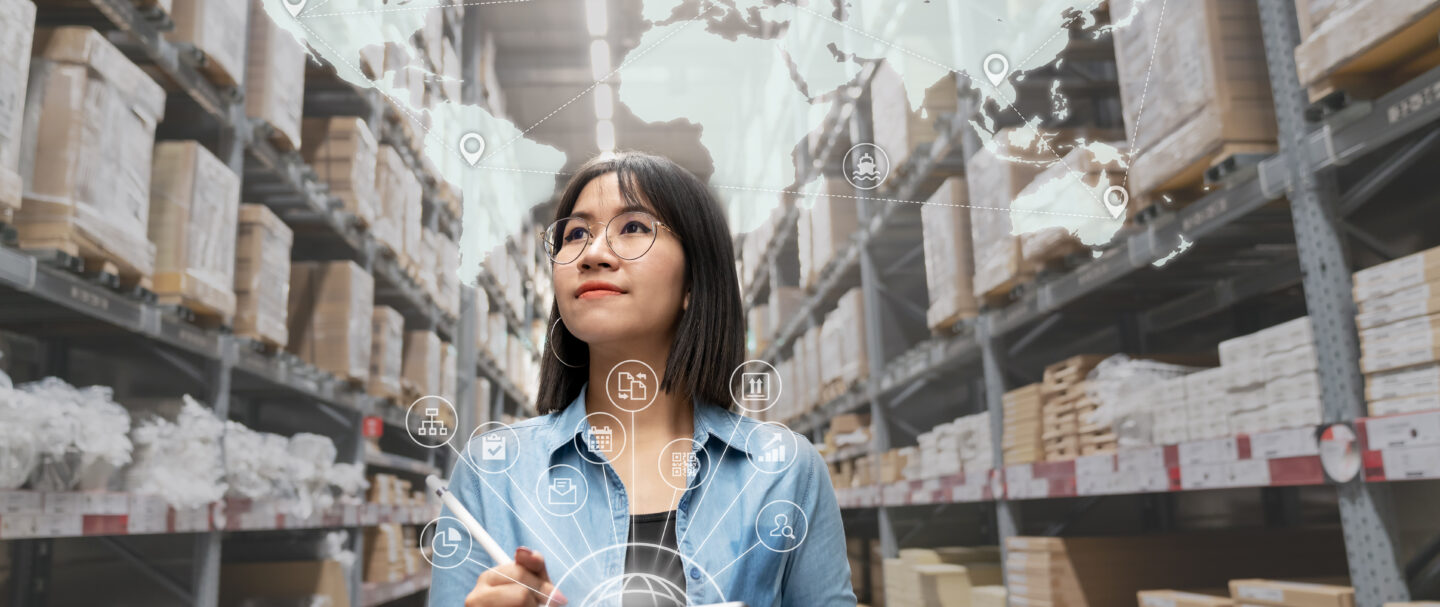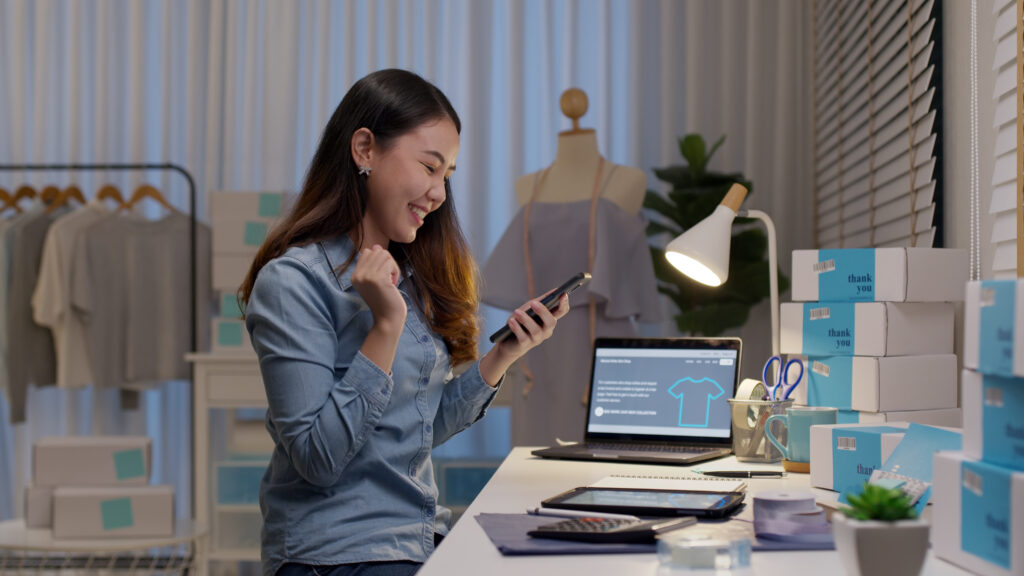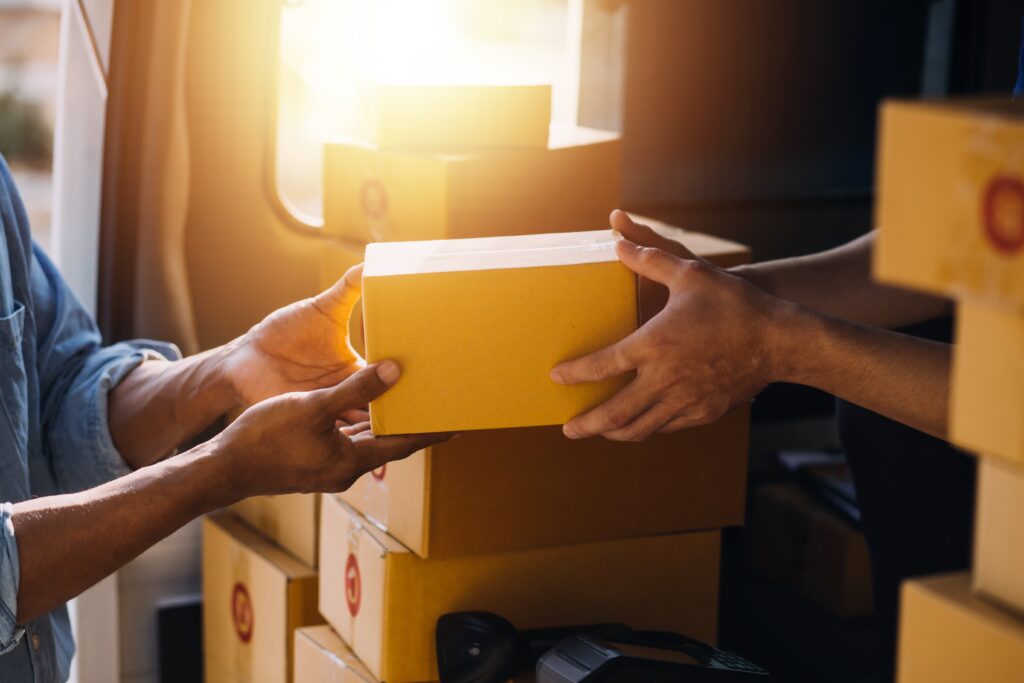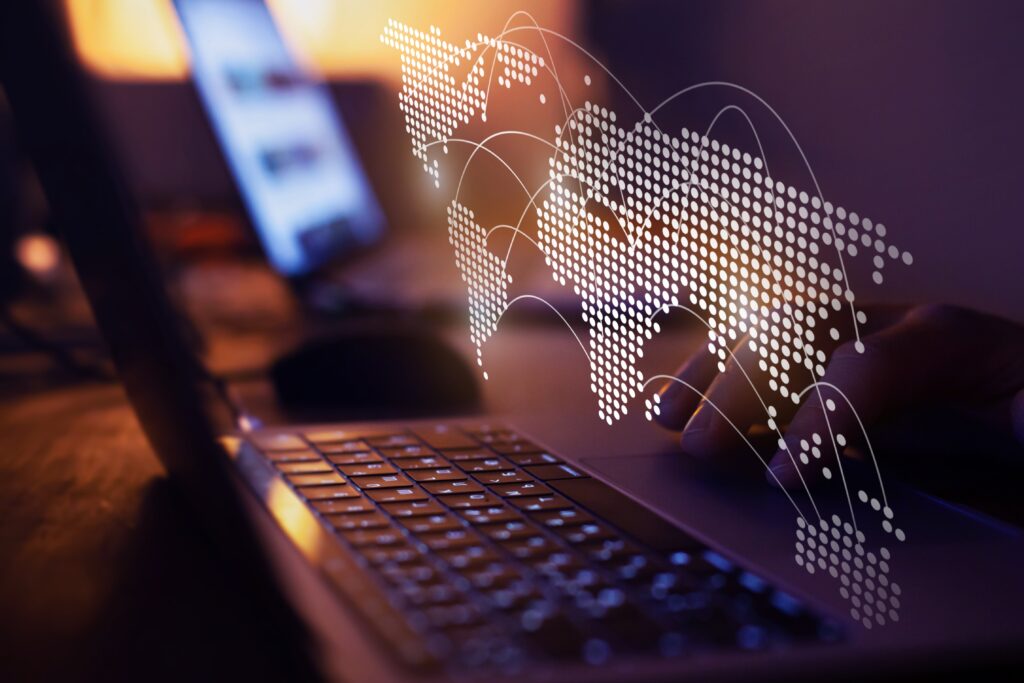
The rise of Chinese sellers in sustaining small business profitability

Small merchant businesses should be celebrating after a bumper Christmas that saw surging sales from customers seeking unique, quality products. But that may not be the case for some, thanks to competition from huge marketplaces like Amazon, Temu, and Alibaba which offer competitive prices on a variety of products and high-speed, low-cost shipping. Such perks are often unique to these dominating corporations because of their vast resources which facilitate extensive import from cheaper markets worldwide.
Smaller businesses must find some way to sustain their profitability or face market exclusion and eventual closure. One such lifeline is the presence of Chinese suppliers which offer access to a wide array of products at competitive prices. In February, the country reported that its manufacturing activity had expanded at the fastest pace in more than a decade.

Source: Shutterstock
The allure of these suppliers lies primarily in their ability to offer cost-effective manufacturing solutions without compromising quality. Small businesses can expand their product ranges, maintain margins, and acquire unique items that set them apart from mainstream marketplaces. Business owners can access these suppliers through online B2B marketplaces, like 1688, or may choose to travel in person to trade fairs in China, like the Canton Trade Fair. At the fair, an array of China-produced products are showcased by their manufacturers, many of which could spur business growth. Approximately 200,000 foreigners attended the November 2023 event in person, and the online platform was attended by 6.6 million overseas visitors.
1688, an Alibaba Group business, serves as a B2B platform connecting international manufacturers and wholesalers with wholesale buyers in China. Specialising in diverse industries like apparel, electronics, and home furnishings, it facilitates sourcing and online transactions, providing businesses with access to a broad range of products for bulk purchasing.
“We decided to start sourcing from 1688 as we found there was a huge range of factories from China on this platform that can really enable savings from their competitive costs, without making any compromises on quality,” said Mark Brookfield from Sunrise Accessories. “We could select products that are in the range of goods that we usually buy to wholesale in Australia.”
The challenges of switching suppliers
Travelling to China to source new suppliers can be expensive for Australian and New Zealand businesses, especially when it comes to attending trade fairs of global interest that last weeks. It involves the costs of travel, accommodation, and time spent away from managing the day-to-day operations of their business. The language barrier can hinder face-to-face negotiations, while cultural differences and differing business practices might complicate agreements and contracts. Even conducting business purely online can be subject to the same problems.
After a deal is struck, things may not necessarily be smooth sailing. Vetting suppliers for quality, reliability, and ethical standards to ensure compliance with bodies like the Australian Competition and Consumer Commission (ACCC) is crucial but also challenging from a distance. Coordinating logistics, ensuring quality control, and managing shipping and customs processes add layers of difficulty, too.
Reliance on foreign suppliers, particularly those in China, introduces risks related to geopolitical tensions, trade regulations, and unexpected disruptions such as those seen during global crises or natural disasters. For example, in August 2022, a heatwave in the country led global manufacturers like Volkswagen and Foxconn to suspend their operations to save power after a spike in demand for air conditioning put pressure on the local grid. Issues like intellectual property protection and maintaining ethical manufacturing practices also pose challenges when dealing with suppliers from different countries.
Despite the risks, Australia and China continue to have a strong relationship, with a study by the University of Melbourne finding that 58 per cent of Australian companies still identify China as a top three priority for global investment. Indeed, in November 2023, Prime Minister Anthony Albanese visited China and said that “significant progress” was made in relations after talks with President Xi Jinping. China is also planning to remove tariffs on a number of Australian products to help improve the relationship between the countries.
Easing the transition with WorldFirst
While the source of some challenges may be out of a business’s hands, steps can be taken to ease the transition to Chinese suppliers. Choosing to do business remotely and hiring local sourcing agents can reduce travel costs and marginalise unreliable suppliers. Human translators are also vastly more valuable than online tools for communication, and the risk of unexpected supply chain disruptions can be mitigated by diversifying product lines, conducting thorough risk assessments, and keeping abreast of geopolitical developments.

Source: Shutterstock
But an integral part of success is the smoothing over of international payment processes to ensure that business owners deal with invoices efficiently and suppliers are paid quickly. Paying manufacturers in their local currency eases the financial burden of currency conversion fees and FX fluctuations, improves supplier relations and trust, and enhances operational efficiency – ultimately giving businesses more scope to tackle other challenges they cannot prepare for.
Leading global fintech company WorldFirst connects businesses around the world with fast and affordable payments, and offers an easy way to achieve smoother commerce with its World Account, explicitly designed for cross-border businesses trading in multiple currencies. With their World Account you have access to local sort codes, account numbers, and IBANs, working to reassure partners, minimise conversion charges, and reduce fees associated with cross-border trade. They also aid businesses in currency risk management by offering tailored hedging solutions, enabling e-commerce businesses to protect themselves from currency volatility and maintain stable pricing during economic uncertainty.
WorldFirst is currently the only provider in the market to connect to the cross-border payment solution for 1688. This purpose-built link to 1688’s network of ten million suppliers in 1,700 categories provides businesses with direct access to a wide array of products at competitive wholesale prices.
The integration also supports global selling on major marketplaces like Amazon, Wish, AliExpress, Lazada, and Shopee and facilitates direct deliveries to warehouses in China or international shipments managed by logistics partners. Online sellers can pay suppliers and collect from various marketplaces all within a single account, making reconciliation and preparation of tax returns much simpler. Furthermore, once the World Account is synched to Xero or NetSuite, businesses benefit from streamlined financial management, saving on time and accountancy fees.

Source: Shutterstock
With WorldFirst’s competitive exchange rates and transparent fees at lower rates than local banks, businesses can optimise costs while ensuring swift and reliable payments. There are no transaction size limits or hidden charges, and payments are transferred on the same day and fully comply with international trade regulations.
“WorldFirst has been a great help with this transition as we found most of the smaller factories in China did not have US accounts to pay their invoices,” said Mr Brookfield. “This way we could transfer CNH straight to their Chinese account, which is much easier for us.”
WorldFirst is a global fintech that connects businesses around the world with fast and affordable payments, access to international marketplaces, flexible currency risk management tools, working capital, and a deeper understanding of cross-border payments and global markets. The latter enables its relationship managers to provide insights into payment trends and preferred trading methods in different regions, helping businesses adapt their strategies. The Australia-based team is ready to help with any inquiries or visit the WorldFirst website, or for more information. Discover how you can take advantage of overseas suppliers with WorldFirst today.
READ MORE
- 3 Steps to Successfully Automate Copilot for Microsoft 365 Implementation
- Trustworthy AI – the Promise of Enterprise-Friendly Generative Machine Learning with Dell and NVIDIA
- Strategies for Democratizing GenAI
- The criticality of endpoint management in cybersecurity and operations
- Ethical AI: The renewed importance of safeguarding data and customer privacy in Generative AI applications
